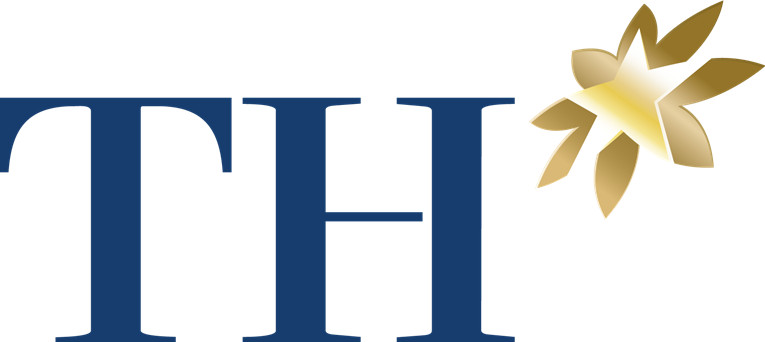"Greening businesses" to take advantage of opportunities from the EVFTA
According to the survey results "The current state of digital transformation in businesses in the context of the COVID-19 epidemic" conducted by the Vietnam Chamber of Commerce and Industry (VCCI) in 2020, surveying over 400 businesses, shows that, Vietnamese businesses have begun to perceive and apply digital technologies in stages such as internal management, purchasing, logistics, production, marketing, sales and payment.
As the COVID-19 pandemic spreads, leading to contact restrictions and the need to implement social distancing measures, forcing businesses to apply more digital technologies in their operations, especially in internal administration, electronic payment, online marketing. In a short period of time, the rate of businesses applying digital technologies has increased rapidly compared to before, specifically in remote personnel management, online conferencing, online learning, internal approvals...

In the field of internal administration, cloud computing is the technical tool used by the most Vietnamese businesses, with 60.6%, an increase of 19.5% compared to the time before the COVID-19 pandemic. Next are online conferencing systems, work and process management systems with approximately 30% of businesses having applied these tools before the COVID-19 pandemic and approximately 19% of businesses. have started using these tools since the epidemic.
At the same time, the above survey shows the great expectations of the majority of Vietnamese businesses for the digital transformation process. Up to 98% of businesses expect a change in production and business activities when implementing digital transformation, of which the largest is the ability to help reduce costs (accounting for more than 71%), helping businesses industries that limit paperwork (61.4%) add added value to products and improve product and service quality (45.3%).
According to VCCI, the EU's green standards and sustainable development are an inevitable general trend. If Vietnamese goods meet the green and sustainable standards imposed by the EU, there will be many opportunities to take advantage of tariff incentives from the EVFTA Agreement. For many EU regulations related to green sustainability, many industries have been implementing them. For example, requirements related to reducing the use of chemical fertilizers, which can be harmful to soil, are also part of the green agenda and are reflected in their modification and reduction of antibiotic residues for Permissions in commodity products are very specific.
Regarding opportunities for Vietnamese export goods from EVFTA, experts say that the main opportunity lies in taking advantage of tariff incentives from this EVFTA Agreement. Therefore, compliance with green standards or sustainable development requirements of the EU is a common trend and when Vietnamese goods comply and fulfill those requirements, we have many opportunities. to take advantage of tariff incentives from the EVFTA Free Trade Agreement.
According to a recent quick survey by VCCI, Vietnamese businesses have begun to pay attention to green issues and sustainable development. Survey data shows that nearly 70% of Vietnamese businesses know about the EU's farm-to-table program in the green strategy applied to agricultural and food products, or nearly 80% of businesses. Vietnam is aware of the EU's anti-deforestation laws. Textile strategy is about 60%; CBAM is even less because it is currently limited to 6 product types, most of which are not Vietnam's strong export products. This shows that our businesses have begun to know about circular economy, green and sustainable development issues.
Minh Toan


